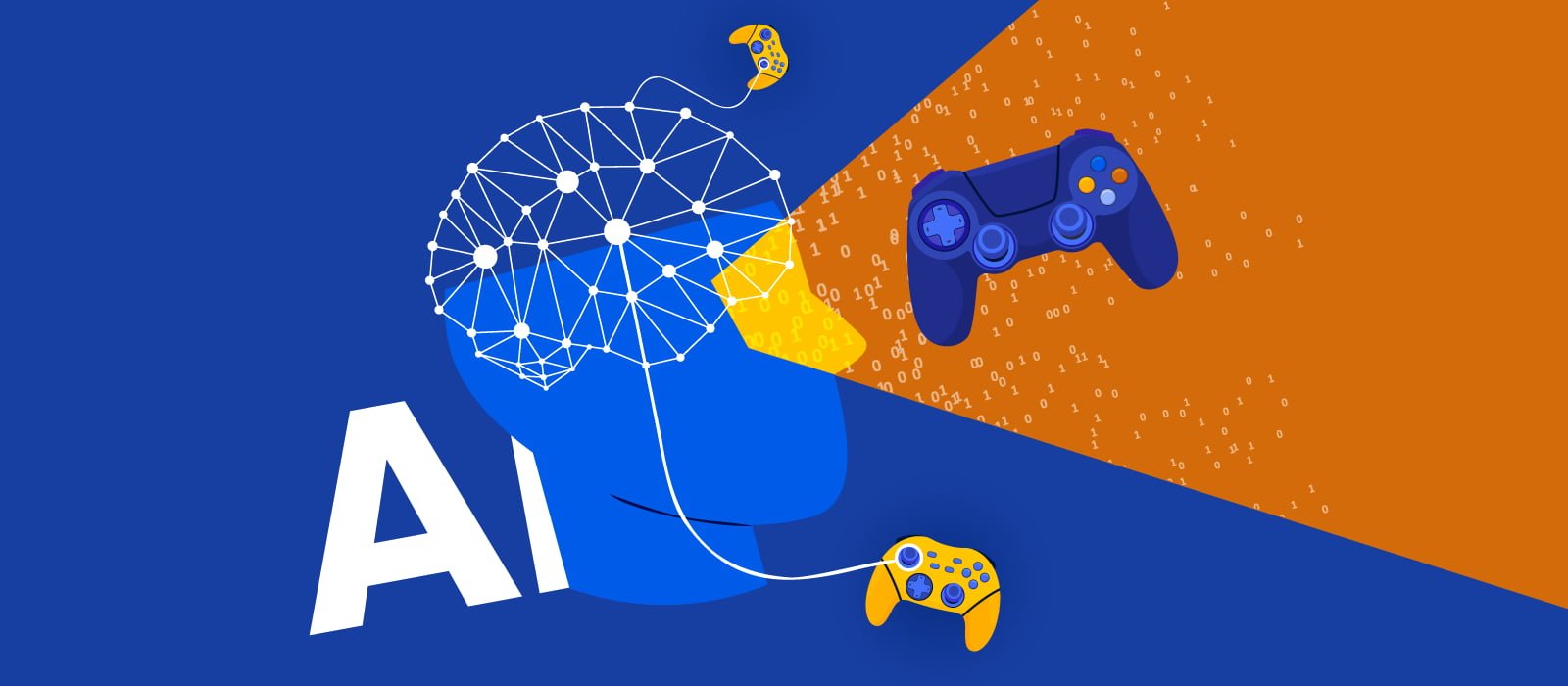The Symbiotic Relationship Between AI and Video Games
The journey of artificial intelligence (AI) and video games is a story of collaboration and mutual growth. Video games provide a controlled environment where AI technologies can be developed and tested, simulating real-world challenges and acting as a platform for training AI. However, the question that often arises is: How can AI learn from video games?
The partnership between AI and gaming dates back to the 1950s when simple algorithms were first employed to dictate the behavior of non-player characters in basic games. As the gaming industry flourished, so did AI's role within it.
The 1970s introduced basic AI in games like 'Pong' and 'Space Invaders,' with pre-programmed behaviors challenging players. The 1980s saw a slight uptick in sophistication, as games like 'Pac-Man' featured ghosts with basic decision-making abilities.
However, the true game-changer came with the emergence of machine learning and neural networks. Chess and Go became the testing grounds for AI algorithms, with IBM's Deep Blue making history in the 1990s by defeating world chess champion Garry Kasparov. This showcased AI's potential in strategic thinking.
Video games present a diverse range of simulated environments that mimic real-world scenarios. These environments provide a safe, controlled setting for AI to learn and adapt without real-world consequences. For example, driving simulation games can help train AI for autonomous vehicles by exposing them to various traffic scenarios and weather conditions.
Multiplayer and online games provide a social environment where AI can interact with human players. Through these interactions, AI can learn from human behavior, gaining insights into human decision-making and improving its own responses over time.
Games offer a standardized setting for benchmarking AI performance. By competing against human players or other AI, the performance and capabilities of AI algorithms can be evaluated and compared in a consistent environment.
Considering the various ways AI learns from video games, it's crucial to recognize the evolving landscape of online gaming. Maintaining a secure and stable online environment is essential for both players and the accurate training of AI. Cybersecurity services play a pivotal role in safeguarding these interactive platforms, ensuring a reliable space for AI to continue learning and evolving alongside human players.
The future of AI in video games is promising, with industry leaders like EA and Ubisoft spearheading the drive to create more believable open worlds and personalized adventures. There's a growing buzz around advanced AI-driven Non-Player Characters (NPCs), with 99% of gamers eagerly anticipating.

